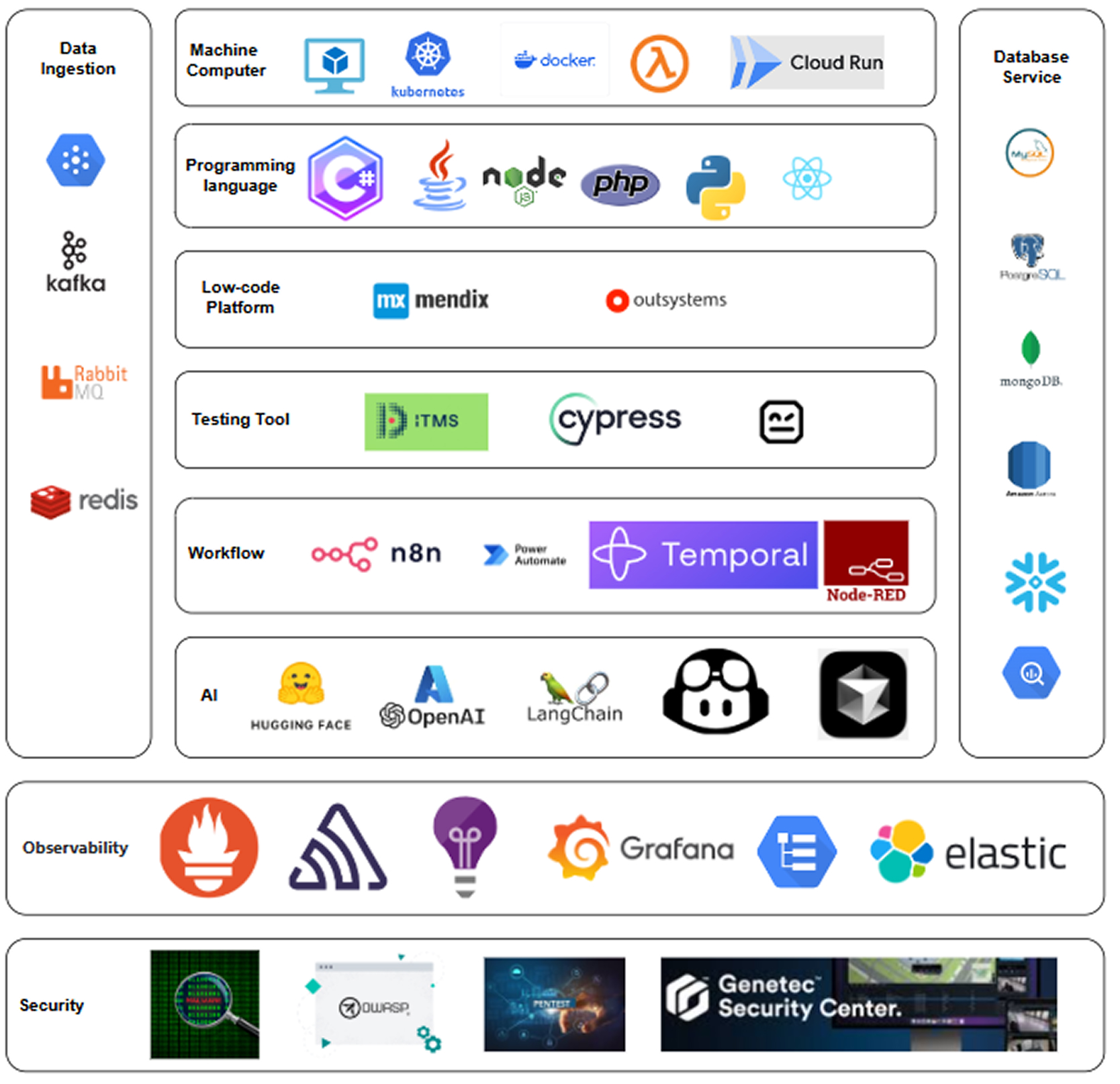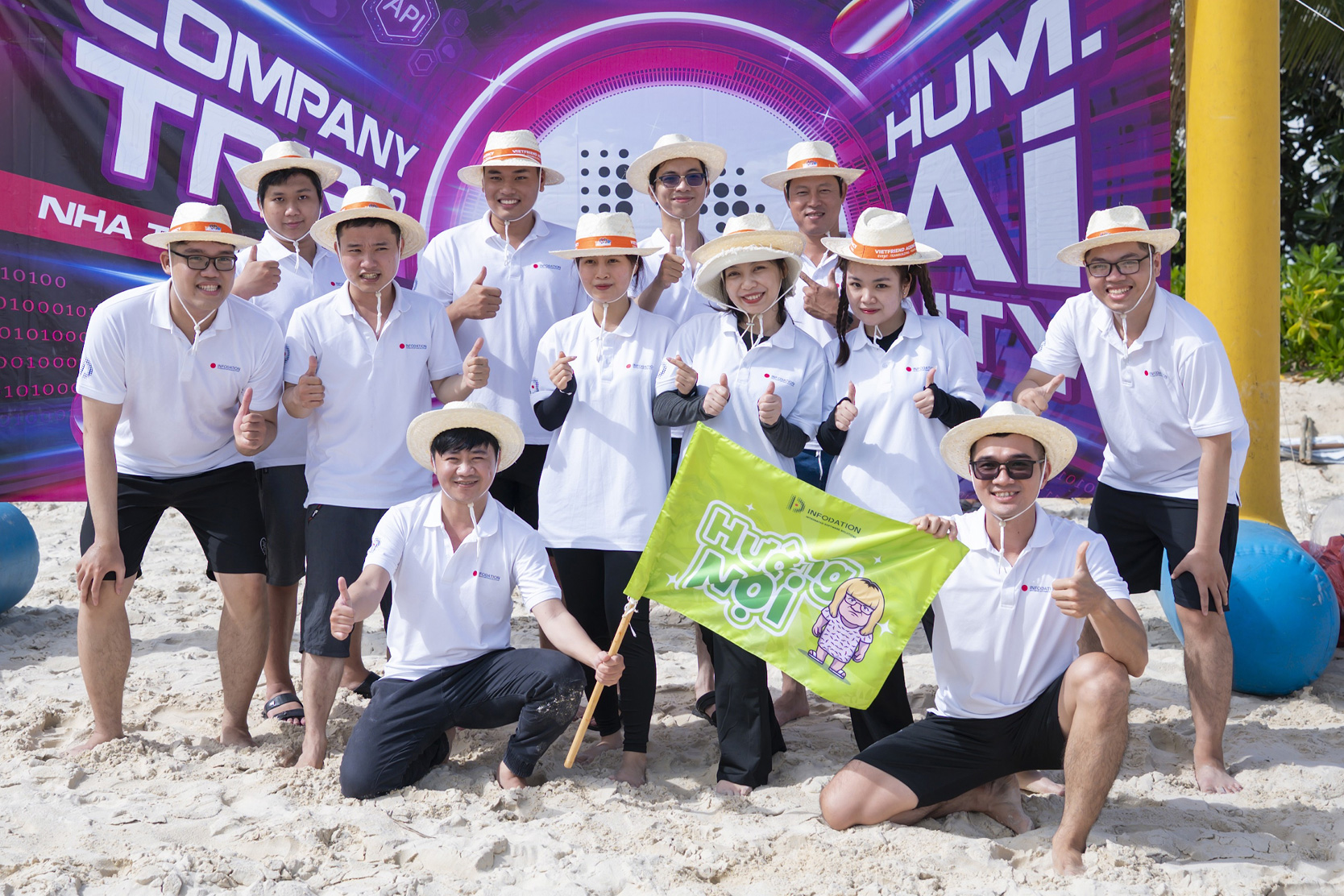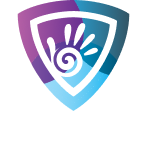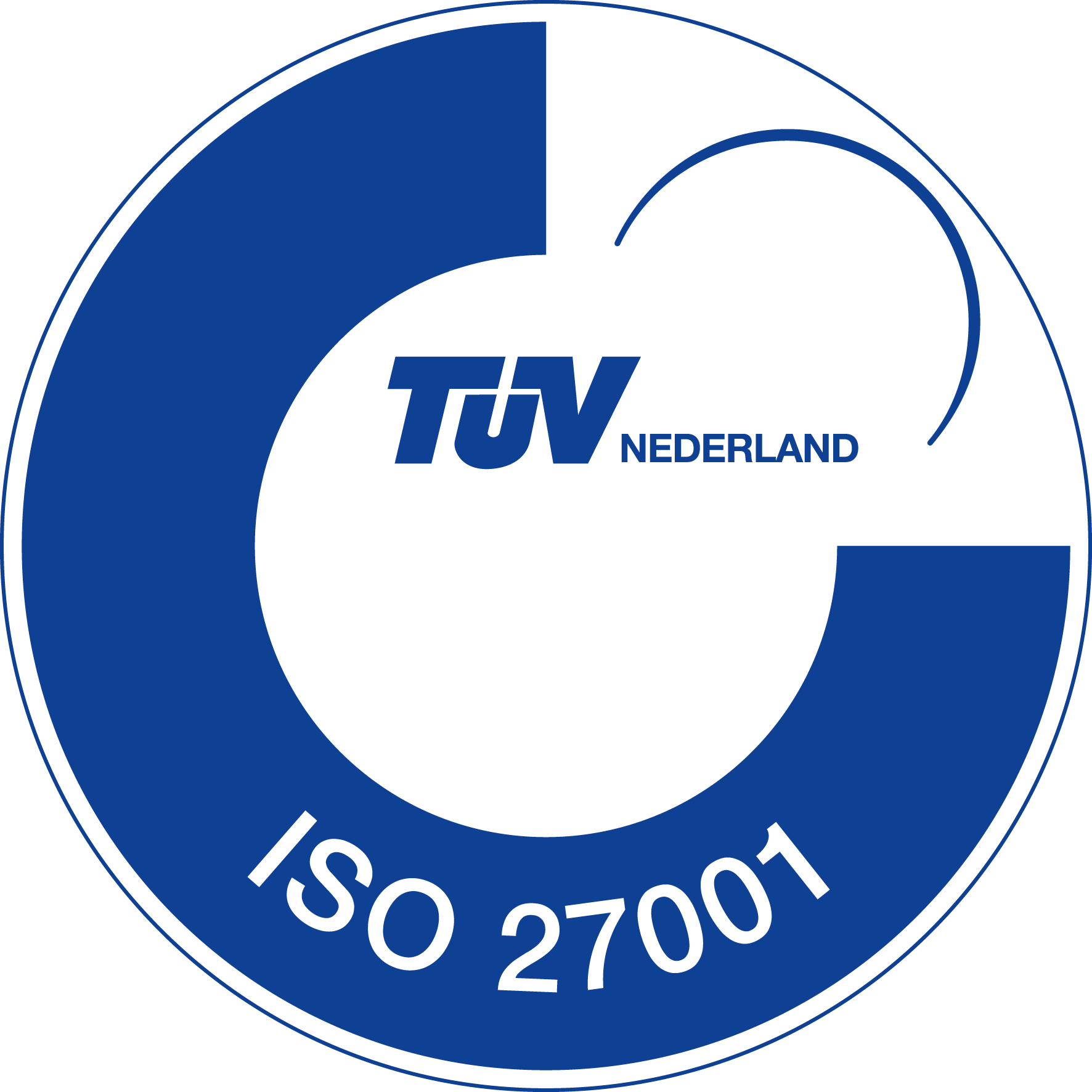We’re transitioning from hand-coding to intent-driven development, where AI generates and validates code, tests, and workflows. Our unified platform combines low-code and pro-code approaches on a microservices architecture, supported by cloud-native runtimes, data services, and workflow engines.
AI-powered observability and automated policies boost reliability and security through pattern detection, OWASP scanning, and cloud monitoring. This approach reduces operational toil and enables the delivery of smarter, higher-quality solutions for our customers.
Speed
Rapid POCs (1–2 days) and production releases via model‑assisted design and platform automation.
Quality
AI‑generated tests, policy‑driven workflows, and AI‑assisted reviews improve coverage and resilience.

From Coding to Describing Intent
Developers move from manual code authoring to describing outcomes in natural language and assembling visual flows; AI generates and validates the underlying code and infrastructure.
| Layer | Traditional Stack | AI + Low-Code Stack |
|---|---|---|
| Frontend | React, Angular, Vue | Mendix, OutSystems, Cursor for UI |
| Backend | .NET, Java, Node.js | Auto-generated APIs, Microflows |
| Data | MySQL, PostgreSQL | AI-assisted queries, auto-schema mapping |
| Messaging | Kafka, RabbitMQ | Temporal orchestration |
| Deployment | Docker, Kubernetes | PaaS + AI infra patterns |
| Monitoring | Prometheus, Grafana | AI-driven observability |
| Security | SAST/DAST, Pentest | AI anomaly detection, OWASP auto-scans |
| Testing | iTMS, Cypress, Robot | AI-generated tests & regression |
Platform Capabilities
Data Services
Infodation offers a robust suite of data services designed to handle various workloads efficiently. For Online Transaction Processing (OLTP), we utilize MySQL, PostgreSQL, and MongoDB, ensuring reliable performance and scalability. Additionally, for elastic, cloud-native scale, our platform leverages Amazon Aurora, Snowflake, and BigQuery, allowing businesses to manage large datasets seamlessly.
Data Ingestion
Our data ingestion capabilities include advanced tools like Pub/Sub, Kafka, and RabbitMQ, which facilitate event streaming and messaging. These technologies enable real-time data processing and communication between services. Furthermore, Redis is employed for low-latency caching and lightweight queues, enhancing the speed and efficiency of data handling.
Compute & Orchestration
In terms of compute and orchestration, we support a variety of environments. Virtual Machines (VMs), Kubernetes, and Docker Compose are utilized for containerized workloads, providing flexibility and scalability. For serverless execution, we integrate AWS Lambda, Cloud Run, and Cloud Functions, allowing for efficient resource management and cost savings.
Development Stack
Our development stack is comprehensive, supporting multiple programming languages including .NET, Java, Node.js, PHP, Python, and React. For low-code solutions, we incorporate Mendix and OutSystems, enabling rapid application development. Workflow management is facilitated through tools like Temporal, Node-RED, and Power Automate. In the realm of testing, we utilize Cypress, Robot, and ITMS to ensure quality and reliability. Our AI capabilities are powered by Azure OpenAI, GitHub Copilot, and Cursor AI, enhancing development efficiency. Observability is achieved through Prometheus, Grafana Cloud, Elasticsearch, and cloud monitoring, while security measures include malware scanning, OWASP scanning, and a Cloud Security Center.
What the Platform Enables
Our platform empowers users to build a CRUD application in just one day using Mendix and AI form builders. This capability allows for rapid development and deployment, streamlining the process for developers and enabling quicker access to functional applications. Additionally, the platform facilitates the deployment of chatbots over private knowledge bases utilizing Azure OpenAI and Copilot Studio. This integration enhances user interaction and accessibility to information, providing instant responses to queries while reducing the workload on support teams. Moreover, the platform can detect churn patterns in logs through AI-assisted observability. This feature enables organizations to proactively identify potential issues and improve system reliability by analyzing data trends.
Finally, the platform supports auto-response to incidents through AI and workflow integration. This capability ensures that organizations can respond swiftly to incidents, minimizing downtime and maintaining operational efficiency.
Specific use cases
An AI chatbot can enhance the knowledge base by providing instant responses to user queries. This improvement not only boosts accessibility to information but also significantly reduces the workload on support teams, allowing them to focus on more complex issues.
AI tools like Infodation AI can assist various roles within an organization. By streamlining processes and enhancing productivity, these tools provide tailored support and insights that help employees perform their tasks more efficiently. This integration of AI into daily operations can lead to improved outcomes and job satisfaction.
Utilizing GitHub Copilot or Cursor AI can significantly improve coding efficiency. These tools offer real-time code suggestions, which help developers write code faster and with fewer errors. Such enhancements in the coding process can lead to quicker project completions and higher quality software.
AI can automate the generation of test cases, ensuring comprehensive coverage during the testing phase of software development. This automation not only saves time but also enhances the reliability of the software by identifying potential issues before they reach production. AI tools facilitate rapid prototyping, allowing teams to quickly iterate on designs and concepts. This capability accelerates the development process and fosters innovation, enabling organizations to stay competitive in a fast-paced market.
New Roles and Operating Model
This new approach introduces several roles:
- The Prompt Engineer or Low-Code Designer collaborates with domain experts to model flows and user experiences.
- The Platform Orchestrator curates templates, governance, and CI/CD policies.
- The AI Test Designer oversees AI-generated test plans and data.
- Citizen Developers create guided solutions in Mendix or Power Platform.
Roadmap & Next Steps
Deze nieuwe aanpak introduceert ook nieuwe rollen:
- Standardize reference architectures and golden paths for web, data, and integration workloads.
- Adopt AI-assisted coding and testing as defaults (Copilot, Cursor, AI test generation).
- Scale low-code factories for POCs and targeted LOB apps (Mendix, OutSystems).
- Enhance observability and security posture with automated policies and AI-backed detection.











